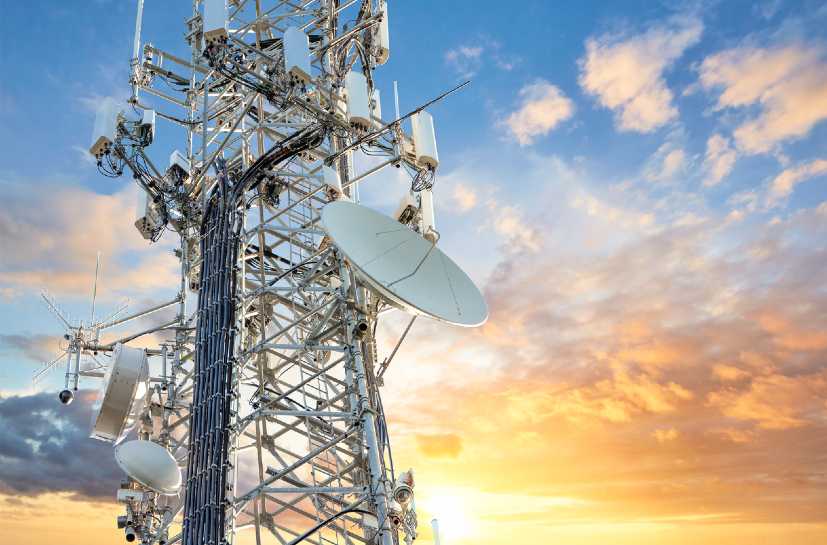Saudi Arabia's telecommunications landscape is set for a significant shift with the announcement of a major deal between the Public Investment Fund (PIF) and stc Group. The agreement, aimed at establishing a regional powerhouse, will see the creation of the Middle East's largest telecom tower company.
Through a strategic acquisition, PIF will gain a 51% stake in stc Group's Telecommunication Towers Company (TAWAL). This move will pave the way for the consolidation of TAWAL with Golden Lattice Investment Company (GLIC), a company already majority-owned by PIF. The newly formed entity is expected to boast a staggering infrastructure network, encompassing an estimated 30,000 mobile tower sites. This vast network is projected to generate a substantial annual revenue stream of around $1.3 billion.
The combined ownership structure will see PIF hold the majority stake at 54%, with stc Group retaining a significant holding of 43.1%. Minority shareholders in GLIC will own the remaining share capital. Completion of the deal is anticipated for the latter half of 2024, subject to regulatory approvals.
Analysts believe this merger presents several compelling advantages. The consolidated entity will be well-positioned to leverage economies of scale, optimizing operational efficiencies and potentially reducing costs. This, in turn, could translate into more competitive pricing for mobile network operators who lease space on the towers. Additionally, the enlarged infrastructure footprint is expected to significantly enhance mobile network coverage and internet speeds across Saudi Arabia. This improved connectivity has the potential to fuel further growth in the digital economy and innovation.
Furthermore, the creation of a regional telecom tower giant could position Saudi Arabia as a key player in the evolving telecommunications infrastructure market. The increased scale and expertise could open doors for the merged entity to expand its operations beyond Saudi Arabia's borders and potentially capture a larger share of the regional market.
The deal has been met with positive reactions from industry experts. They acknowledge the potential benefits for both consumers and businesses in Saudi Arabia. The improved network coverage and potentially lower costs are seen as significant boons for mobile phone users. Businesses, on the other hand, stand to gain from the enhanced connectivity, which could facilitate smoother operations and potentially unlock new opportunities in the digital space.
While the full impact of the merger remains to be seen, the creation of this regional telecom tower giant has the potential to significantly reshape the telecommunications landscape in Saudi Arabia and the wider Middle East region. The improved network infrastructure and potential cost reductions are positive developments for both consumers and businesses. With its vast network and strategic positioning, the merged entity is well-equipped to become a major player in the region's telecommunications market.

